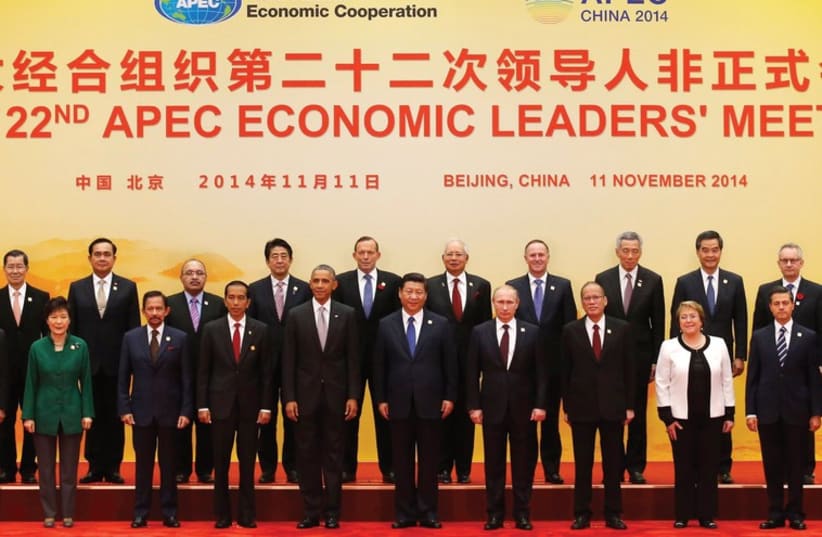See the latest opinion pieces on our page
The establishment of the AIIB is a major Chinese diplomatic achievement.“The establishment of AIIB is one of the most important initiatives in terms of Chinese foreign policy and in particular for President Xi Jinping, as this is his personal initiative,” the MFA said in the statement.The AIIB, which complements the World Bank and the Asian Development Bank, will have $100 billion in seed capital to invest in infrastructure projects in Asian countries, with half of that amount already budgeted by China. The AIIB is part of China’s counterweight to the US’ “pivot to Asia” and will allow it to move some of its manufacturing to neighboring Asian countries as it upgrades its industrial base.Speaking at the annual Boao Forum for Asia, China’s president Xi Jinping said China is a partner willing to “jointly build a regional order that is more favorable to Asia and the world.”Countries ranging from Britain, Germany and France to Australia, Singapore and Korea have already submitted their request to be founder members.Middle East countries including Jordan, Kuwait and Qatar, among others, also applied. The US and Japan are conspicuous in their absence.The AIIB is intended to enhance China’s regional and global influence. The US originally opposed the establishment of AIIB, but was forced to change its tactics in the face of reality. US Treasury Secretary Jack Lew said on Tuesday that “Washington would welcome the AIIB as long as it complements existing institutions and adopts high governance standards,” according to Reuters.However, several analysts noted that the US opposition to the AIIB makes no sense. Just as the US used its excess reserves to finance the Marshall Plan for the reconstruction of post-World War II Europe, so China needs to spend its US$3.8 trillion of foreign reserves, and what better way to use it than to build much needed infrastructure in Asia? And even Russia, that also applied to join the AIIB, doesn’t think it is likely to challenge the World Bank or other Bretton Woods institutions.“I come across comments that somebody opposes the creation of this bank because they see it as an alternative to the World Bank and as new emerging financial system which can undermine the IMF. We do not even consider such a scenario,” Russian First Deputy Prime Minister Igor Shuvalov told reporters at the Boao Forum on Sunday.The author is the founding director of The Chinese Media Center (CMC) at the School of Media Studies of The College of Management Academic Studies, Rishon LeZion, Israel.
Israel takes important step in integration with Asian markets
Israel is eying Asian markets, and China in particular, in order to boost its exports and diversify away from a Europe that is becoming problematic politically.
